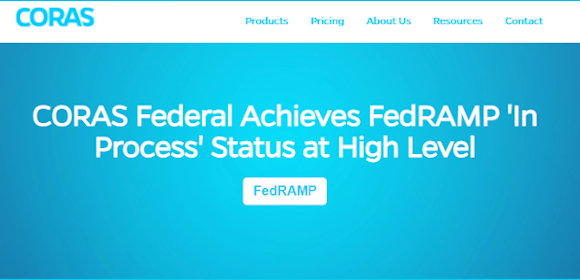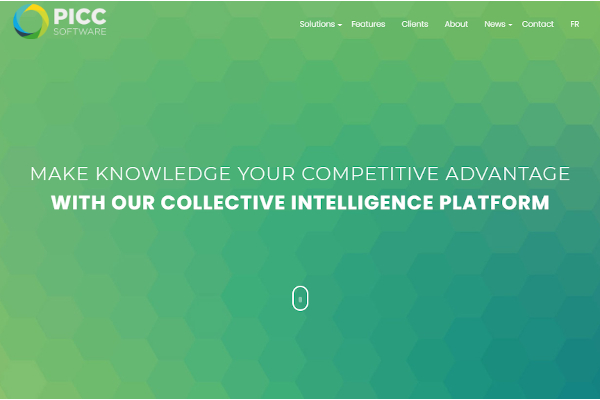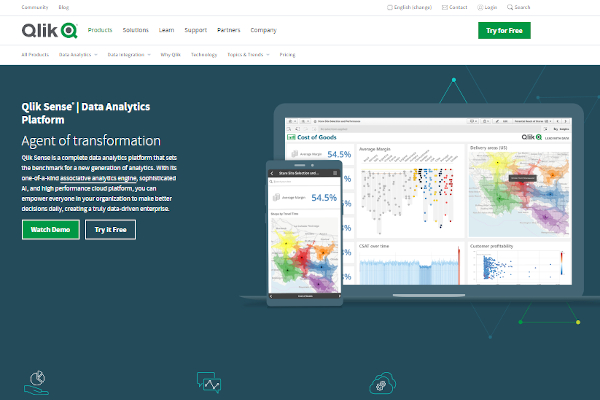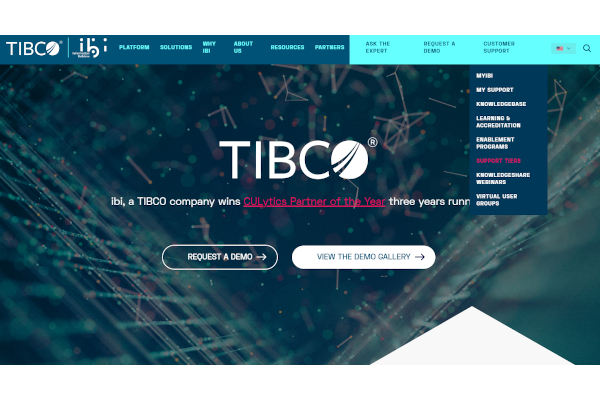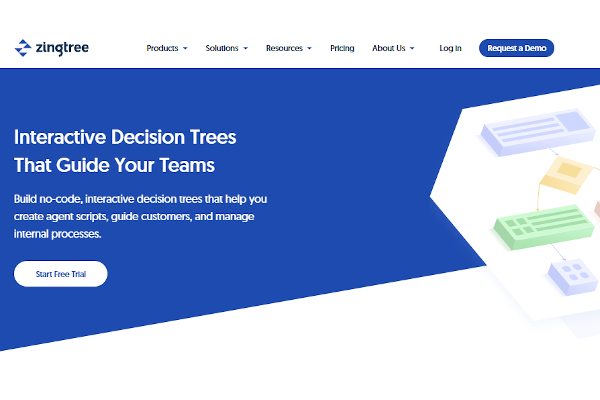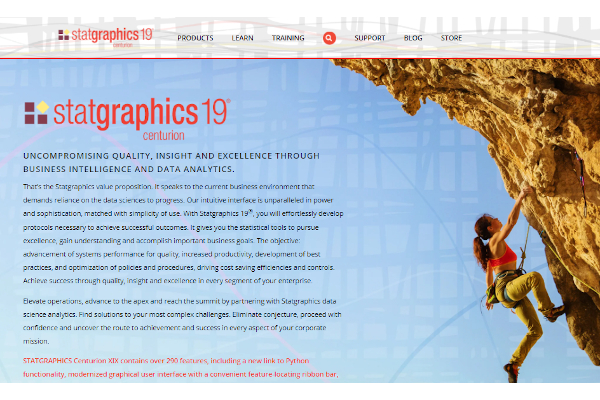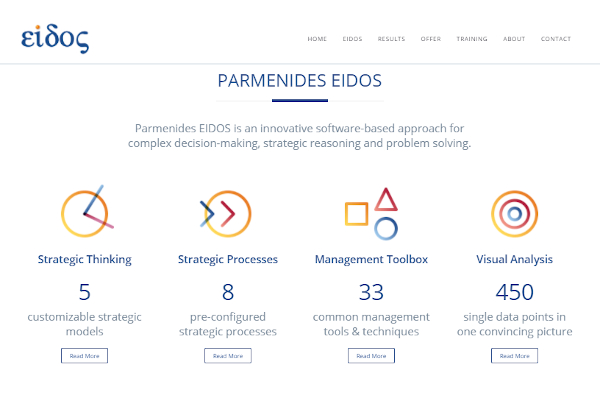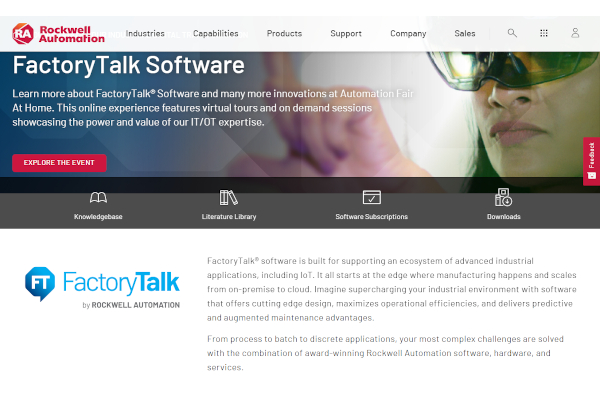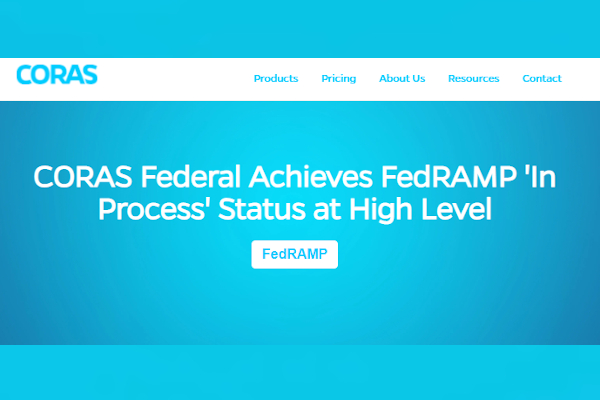Decision-making is a vital part of every organization or business. Decisions can either make or break an organization. This is why making informed decisions is very important. And, to help you make sound decisions and solve problems, you collect, sift, and analyze massive amounts of data to compile useful comprehensive information.
There are a lot of available software tools developed to collect data, but they couldn’t match what the decision support system (DSS) could offer. To know what DSS is, how it works, and what the benefits are, continue reading below. But first, let us give you some of the best DSS applications out there.
15+ Decision Support Software
1. PICC Software
2. XLSTAT
3. Minitab
4. Qlik Sense
5. LogicNets
6. ibi
7. Yonyx
8. Wolfram Mathematica
9. Zingtree
10. Statgraphics
11. EIDOS
12. Loomio
13. FactoryTalk
14. 1000minds
15. Powernoodle
16. Coras
What Are Decision Support Systems (DSS) Software
Decision support (or decision-making) software is used to support judgments and courses of action in many organizations. It facilitates processes around effective decisions, from gathering and compiling data to drawing informed conclusions and share results with stakeholders. Typically, the information used by DSS may include target revenue, sales, and inventory- or operations-related data.
How Does It Work?
Decision support systems gather and analyze data to break them down to produce comprehensive information reports. Being an informational software, it is different from an ordinary operations application as it only collects data.
DSS can be completely computerized, powered by humans, or a combination of both. In functionality-speak, it analyzes information and actually makes decisions for the user. Nonetheless, DSS allows human users to make informed decisions, but at a quicker pace, after all.
Benefits
DSS allows the management and planning departments to compile information and data to synthesize them into actionable intelligence. As such, these are the benefits of implementing DSS software:
– Supports efficient and speedy decision-making
– Increases control, competitiveness, and capability to make advanced organizational decision-making
– Serves as a conduit for interpersonal communication
– Encourages learning or training
– Paves way for new approaches
– Reveals new approaches and sets up new evidence for an unusual decision as it is often used in non-programmed decisions
– Helps automate managerial process steps
Features
Decision-making software tools are typically integrated with meeting management software and board management software, so you can find specific features there, such as consensus tracking. However, decision support system tools host features that help both the decision-making process and sharing of results with stakeholders.
Further, here are some common features of decision-making software:
– Can analyze and visualize input data related to a decision at hand
– Able to provide scenario analysis
– Can offer tools to collect group feedback
– Enable engagement and sharing of decisions with internal and external stakeholders
Top 10 Decision Support Software
1. LogicNets
LogicNets was founded in 2004 to offer a no-code decision support platform for medium to large/enterprise organizations. The company makes $4M in revenue and has 22 employees.
2. Statgraphics
Launched in 1980, Statgraphics controls data, extends reach, and improves processes to grow every business’s revenue. Statgraphics makes $5M in revenue and they have 26 employees who keep making their success possible.
3. Fraud.net
Fraud.net was founded in 2013 to deliver the world’s most advanced infrastructure for managing and detecting fraud that’s powered by a collective intelligence network, world-class artificial intelligence, and a cloud-based platform. The company makes $3M in revenue and 16 employees.
4. airfocus
This decision support software is an easy-to-use and compelling prioritization and road-mapping solution to help teams collaborate on strategy. With its good reviews, it’s able to make $1.0M in revenue, all made possible by its 28 employees.
5. Sofvie
Sofvie provides an all-in-one transformative system that yields enhanced productivity and due diligence. This software and service company makes $5M and has 28 employees.
6. Perdeca Decision Assistant
Perdeca Decision Assistant makes it easier to come up with the best possible decisions, every time.
7. Tactic
Tactic receives good reviews from its users because of its excellent features. The company generates $2M in revenue and has 14 employees.
8. 1000minds Decision Making
1000minds Decision Making was launched in 2002 to help businesses understand what matters to people and to make consistent decisions in a fair and transparent manner.
9. Docket
Docket has an estimated 38 employees who made it possible for this software tool to allow meeting management and serve as collaboration software. This platform makes $631,000 and has great reviews from users.
10. QlikView
Launched in 1993, QlikView is a business intelligence software with features including customizable dashboard, forecasting, and report export. QlikView generates $750M in revenue and has 2,500 employees.
FAQ
What Makes a DSS Successful?
When DSS makes a positive difference in decision-making, then you can say it was a success. Some of the factors contributing to a successful DSS include execution time, versatility, quality of help, adaptability, uniformity of command and interface, learning time, ease of recall, errors, and concentration required.
What Are the Factors That Influence Decision-Making?
There four behavioral factors that influence the decision-making process. These factors include personality, the tendency for risk, and the potential for the dissonance of the decision.
How Does Data Analytics Improve Decision-Making?
Analytics paves the way for better planning and insight based on patterns, for example, customer behavior — a piece of information that can be used to make important marketing decisions.
Artificial intelligence has now made a significant impact on the decision-making processes of many businesses and organizations alike. It has surpassed what the human mind can do in coming up with a sound decision, which is totally a thing of the past. Decision support systems are mostly powered by intelligence software to analyze data and help you make informed decisions about it. But at the end of the day, you still have the final say. How does that sound?
Related Posts
10+ Best Chemical Software for Windows, Mac, Android 2022
12+ Best Vulnerability Scanner Software for Windows, Mac, Android 2022
4+ Best Bundled Pay Management Software for Windows, Mac, Android 2022
10+ Best Trust Accounting Software for Windows, Mac, Android 2022
10+ Best Patient Portal Software for Windows, Mac, Android 2022
13+ Best Virtual Reality (VR) Software for Windows, Mac, Android 2022
12+ Best Bed and Breakfast Software for Windows, Mac, Android 2022
15+ Best Resort Management Software for Windows, Mac, Android 2022
14+ Best Hotel Channel Management Software for Windows, Mac, Android 2022
12+ Best Social Media Monitoring Software for Windows, Mac, Android 2022
10+ Best Transport Management Software for Windows, Mac, Android 2022
10+ Best Other Marketing Software for Windows, Mac, Android 2022
10+ Best Top Sales Enablement Software for Windows, Mac, Android 2022
8+ Best Industry Business Intelligence Software for Windows, Mac, Android 2022
10+ Best Insurance Agency Software for Windows, Mac, Android 2022
